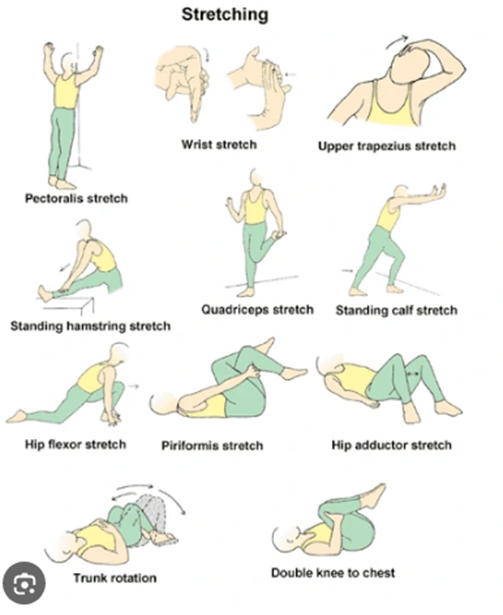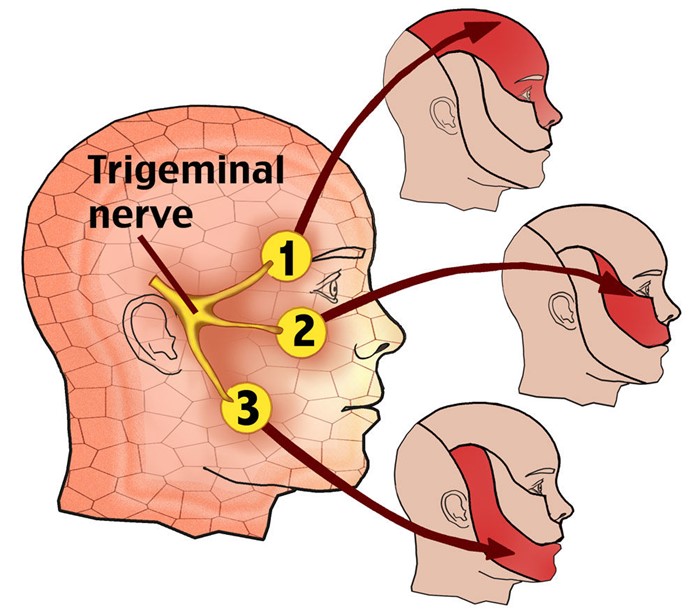The nurse is preparing for an initial home care visit for a client with diabetes. Which action by the nurse is appropriate? SELECT ALL THAT APPLY
Asking how they are managing at home
Going automatically into the client's bedroom
Arranging mutual future visits
Thanking the client for arranging a home visit
Sitting down and discussing with the client and family members
Correct Answer : A,C,E
Choice A reason: Asking how they are managing at home is an appropriate action by the nurse. It shows respect and interest in the client's situation and helps to assess their needs, challenges, and goals.
Choice B reason: Going automatically into the client's bedroom is not an appropriate action by the nurse. It violates the client's privacy and autonomy and may make them feel uncomfortable or threatened. The nurse should ask for permission before entering any room in the client's home.
Choice C reason: Arranging mutual future visits is an appropriate action by the nurse. It demonstrates collaboration and commitment and helps to establish a trusting relationship with the client. It also allows the nurse to plan and coordinate the care and follow-up.
Choice D reason: Thanking the client for arranging a home visit is not an appropriate action by the nurse. It implies that the home visit is a favor or a burden, rather than a professional service that the client is entitled to. It may also undermine the nurse's authority and credibility.
Choice E reason: Sitting down and discussing with the client and family members is an appropriate action by the nurse. It indicates that the nurse values the client's perspective and input, and recognizes the family as an important source of support and information. It also facilitates communication and education and promotes shared decision-making.
Nursing Test Bank
Naxlex Comprehensive Predictor Exams
Related Questions
Correct Answer is D
Explanation
Choice A reason: Providing total assistance with all ADLs is not an intervention that should be included in the client's plan. ADLs are activities of daily living, such as bathing, dressing, eating, and toileting. Providing total assistance with all ADLs can reduce the client's independence and self-esteem, and increase their dependence and learned helplessness. The nurse should encourage and assist the client to perform as much as they can by themselves and provide partial or intermittent assistance only when needed.
Choice B reason: Ordering a low-residue diet is not an intervention that should be included in the client's plan. A low-residue diet is a type of diet that limits foods that are high in fiber or indigestible material, such as whole grains, nuts, seeds, fruits, and vegetables. A low-residue diet may be recommended for clients who have inflammatory bowel disease (IBD), diverticulitis, or bowel obstruction, as it can reduce bowel frequency and irritation. However, it is not indicated for clients who have MS, unless they have other comorbidities that require it. A balanced diet that includes adequate fiber, fluids, and nutrients is more beneficial for clients who have MS.
Choice C reason: Encouraging the client to void every hour is not an intervention that should be included in the client's plan. Voiding every hour can be inconvenient and impractical for the client, and may not address their bladder problems effectively. MS can cause bladder dysfunction, such as urinary urgency, frequency, incontinence, or retention, due to nerve damage that affects bladder control. The nurse should assess the type and severity of the bladder dysfunction, and provide appropriate interventions, such as medication, catheterization, pelvic floor exercises, or bladder training.
Choice D reason: Instructing the client on daily muscle stretching is an intervention that should be included in the client's plan. Muscle stretching is a type of exercise that involves extending or elongating a muscle or group of muscles to their full length. Muscle stretching can help prevent or relieve muscle spasticity, stiffness, pain, or contractures that may occur in clients who have MS. The nurse should teach the client how to perform muscle stretching safely and correctly, and encourage them to do it daily or as prescribed.

Correct Answer is D
Explanation
Choice A reason: Analgesics are medications that relieve pain by blocking pain signals or reducing inflammation. They include nonsteroidal anti-inflammatory drugs (NSAIDs), opioids, and acetaminophen. However, analgesics are not very effective in treating trigeminal neuralgia, as they do not address the underlying cause of the pain, which is the compression or irritation of the trigeminal nerve.
Choice B reason: Antihistamines are medications that block the effects of histamine, a chemical that causes allergic reactions such as itching, sneezing, and swelling. They include diphenhydramine, cetirizine, and loratadine. Antihistamines are not effective in treating trigeminal neuralgia, as they do not affect the trigeminal nerve or its function.
Choice C reason: Antibiotics are medications that kill or inhibit the growth of bacteria that cause infections. They include penicillin, amoxicillin, and ciprofloxacin. Antibiotics are not effective in treating trigeminal neuralgia, as they do not target the trigeminal nerve or its pathology.
Choice D reason: Anticonvulsants are medications that prevent or reduce the frequency and severity of seizures by stabilizing the electrical activity of the brain. They include carbamazepine, gabapentin, and phenytoin. Anticonvulsants are the most effective medications in treating trigeminal neuralgia, as they reduce the abnormal firing of the trigeminal nerve that causes the pain. Anticonvulsants are considered the first-line therapy for trigeminal neuralgia and can provide significant relief for most clients.

Whether you are a student looking to ace your exams or a practicing nurse seeking to enhance your expertise , our nursing education contents will empower you with the confidence and competence to make a difference in the lives of patients and become a respected leader in the healthcare field.
Visit Naxlex, invest in your future and unlock endless possibilities with our unparalleled nursing education contents today
Report Wrong Answer on the Current Question
Do you disagree with the answer? If yes, what is your expected answer? Explain.
Kindly be descriptive with the issue you are facing.
